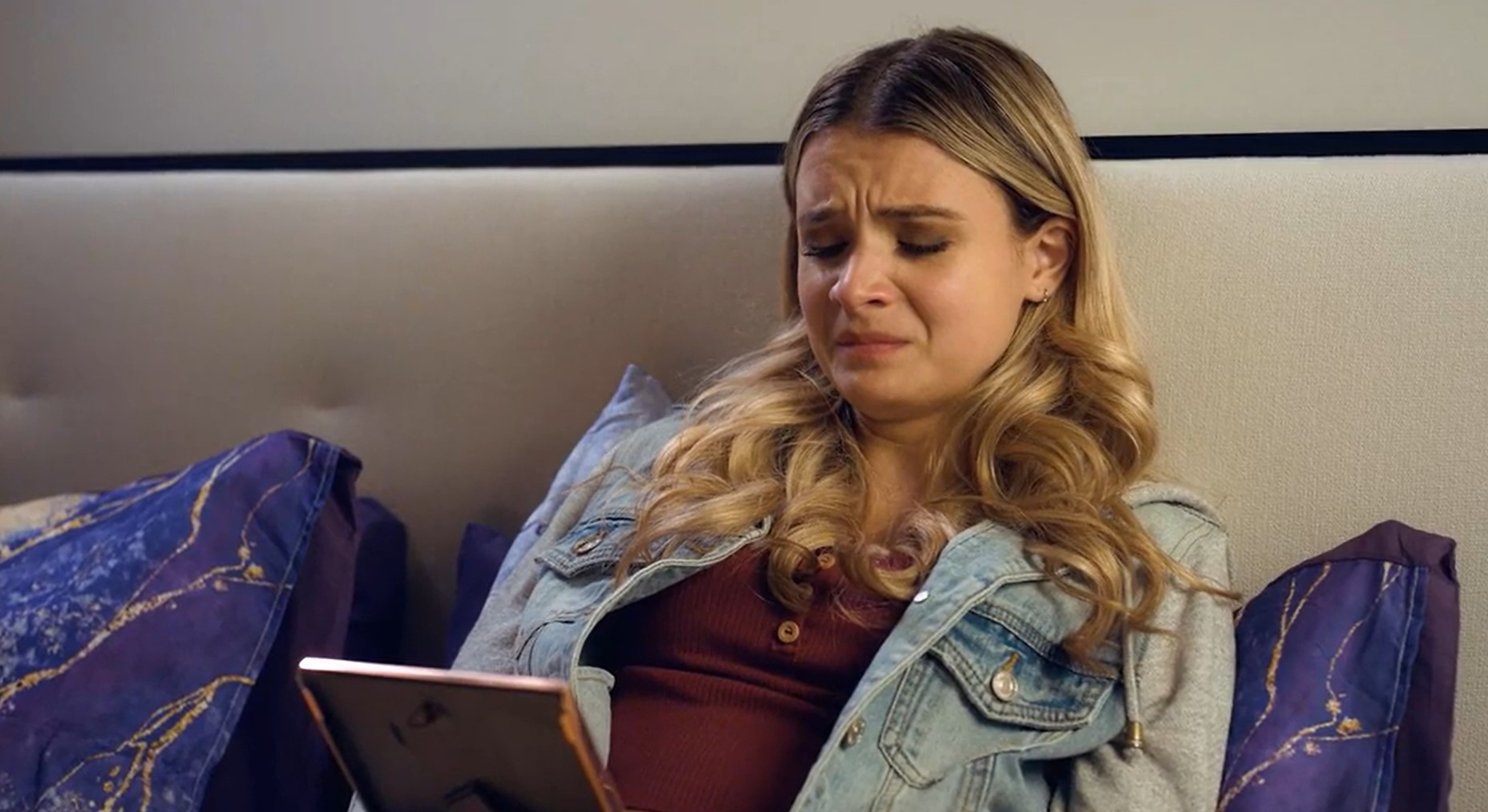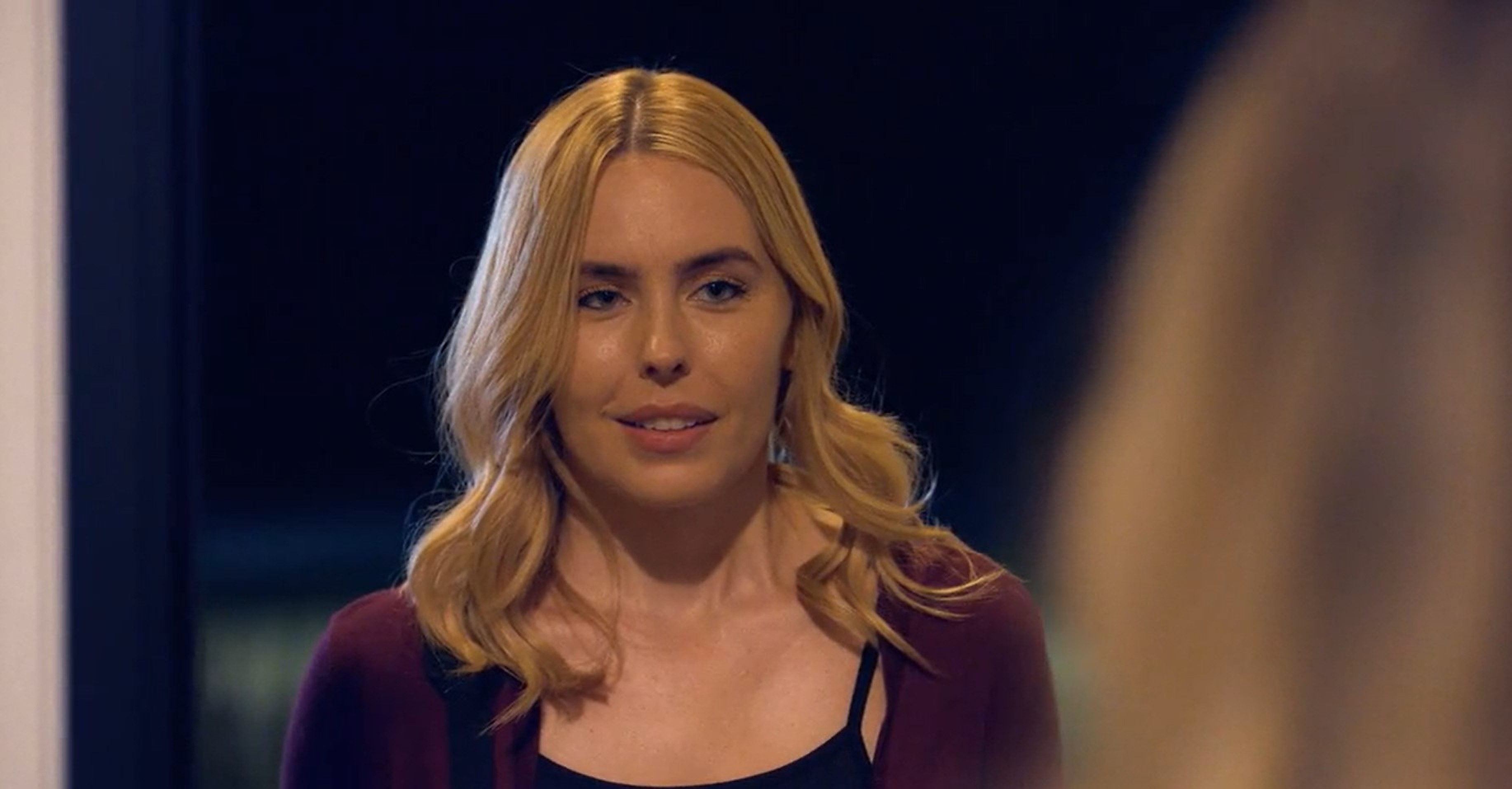Helmed by Roxanne Boisvert, Lifetime’s ‘Who Killed Our Father’ is a gripping thriller movie that revolves around Leila, who was raised in foster care. When her foster sister dies, she discovers the identity of her biological father and half-sister and decides to reach out to them. But what starts as a journey of finding her roots becomes a nightmare for Leila when her father gets tragically murdered. As she tries to get to know her sibling, she finds herself treading down a dangerous path, where she becomes a suspect in her father’s death.
A part of the ‘Wicked Revenge’ series, the Lifetime movie‘s engaging narrative, filled with unexpected twists and turns, is well-complimented by the nuanced performances of actors like Kirsten Comerford, Devin Cecchetto, Joanne Boland, and Angela Besharah. Moreover, the authentic portrayal of how a person feels upon discovering their birth parent and the impact of the same on the parent’s present relationships makes one wonder if ‘Who Killed Our Father’ has anything to do with reality. If you’re in the same boat of curiosity, let’s find the answer together, shall we?
Who Killed Our Father is an Original Screenplay
No, ‘Who Killed Our Father’ is not based on a true story. Instead, the riveting yet true-to-life storyline is the genius of screenwriter Melissa Cassera, who is an expert in crafting such thrilling plots. She has been the mind behind several hit Lifetime movies, including ‘Daddy’s Perfect Little Girl,’ ‘Mommy’s Little Star,’ ‘Nightmare Neighborhood Moms,’ and ‘The Secret Life of College Escorts.’ Naturally, Melissa’s rich experience in the genre and her love for dark thrillers with dramatic elements helped her create the movie’s entertaining plot. Even though the Roxanne Boisvert directorial is fictional, it explores realistic themes of reconnecting with one’s long-lost family.

In the movie, the protagonist, Leila, grows up in foster care and learns about her biological family as an adult. This profoundly impacts her and her birth father’s current wife and daughter. This reflects reality, as several children and youth often grow up in the foster care system. The United States Children’s Bureau’s report states that in 2020, 407, 493 children and youth were in foster care. Besides, there have been numerous instances when adult fosters have tried to reconnect with their birth parents. Though some have had beautiful reunions and successfully built healthy relationships with their biological families, some have had surprising experiences that resemble the Lifetime movie.
For instance, New York-based author Donna Freed decided to look for her biological parents after the death of her adoptive mother. Through internet records, she shockingly realized that her parents, Mira Lindenmaier and Alvin Brodie, had an affair while the latter was still married. Hence, they allegedly faked Mira’s death in 1966 to avail insurance money and escape to The Bronx, New York. However, they were soon caught by the police, and Alvin was sentenced to three years in prison. Meanwhile, Mira, who was six months pregnant, eventually gave birth to Donna and gave her up for adoption.
Nevertheless, when the author reconnected with her biological parents and half-siblings decades later, she forged meaningful bonds with them. Sadly, the same cannot be said about Katie Fusco, a 20-year-old who her adoptive parents raised in Dover, New York. When she turned 18 in 2016, she reconnected with her birth parents, Steven and Alyssa Pladl, from Henrico County, Virginia. Unbeknownst to her adoptive parents, Katie moved in with her birth parents, only to have an alleged romantic relationship with her biological father. After Alyssa moved out, Katie and Steven married and even had a child, but when the latter reportedly became abusive toward her, she walked out.
This resulted in Steven fatally shooting their child, Katie, and her adoptive father, Tony Fusco, before turning the gun on himself. ‘Who Killed Our Father’ has a somewhat different situation, with the protagonist being caught in her father’s murder investigation. Yet, it presents a similar theme of a girl’s reunion with her family having shocking consequences. Although the movie is wholly fictional, Melissa likely referred to similar real-life cases to build the narrative. Thus, to reiterate, the Lifetime thriller may not be rooted in reality, but it does explore themes and instances not unheard of in actual life.
Read More: Where Was Lifetime’s Who Killed Our Father Filmed? Who is in the Cast?


You must be logged in to post a comment.